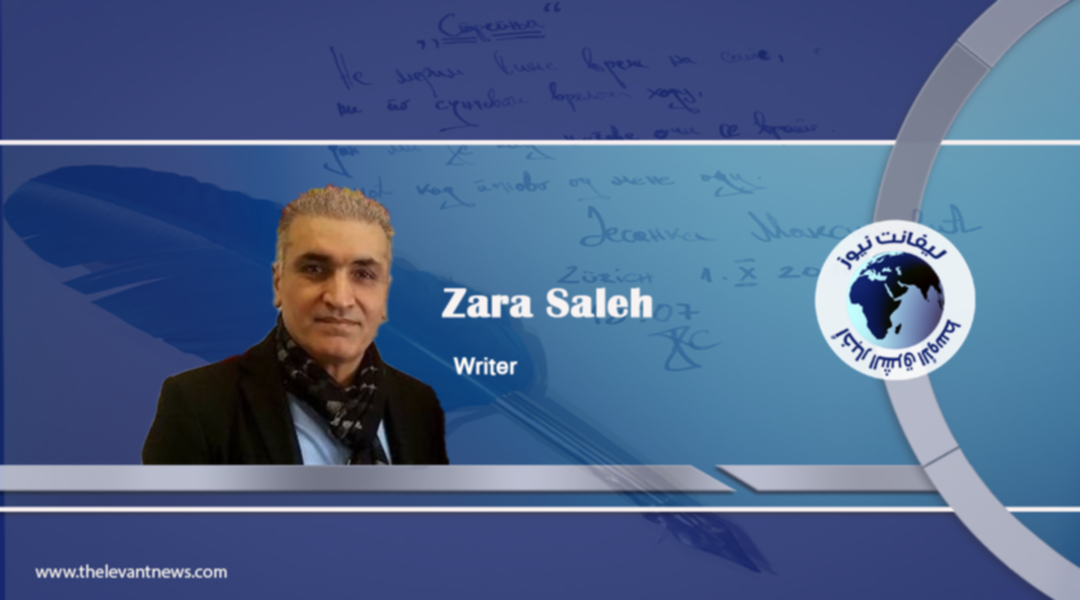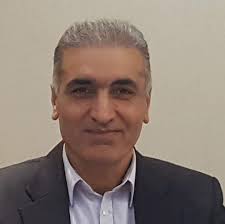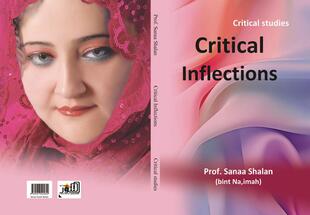-
Can the sixth round of the Syrian Constitutional Committee make difference from the previous ones?

The two committee co-chairs of the Syrian opposition representative, and the Syrian regime's side has sat down together with the UN Special Envoy on the day before the beginning of the sixth round. Furthermore, both sides finally agreed to discuss the constitutional texts and to start the drafting process for the constitutional reforms.
Arguably the Syrian regime has agreed to attend the sixth round due to the Russian influence and pressure despite the fact that Assad's regime continues to postpone any real progress in the work of the SCC. Such a position has been more obvious after Assad's meeting with Russian President Putin in the middle of September. However, both delegations have presented their constitutional draft regarding the constitutional text, like the regime's representatives presented the principle of the "sovereignty, terrorism, independence and territorial integrity of the Syrian Arab Republic". Whereas, the opposition's side has been focused on the principle of the army, armed forces, security, and intelligence. Added to that, the representatives of the civil society organisation have presented the principle of the rule of law during the meetings days in Geneva.
The UN Special Envoy Geir Pedersen believes that the Syrian conflict cannot be ended only through the Constitutional Committee, it will need a long-term process of implementation of the UN Resolution 2254, and the four baskets of the transitional political process. The outcomes of this round of the Syrian Constitutional Committee has been similar to the five previous rounds of negotiations.
During the first two days of the meetings, the regime's draft has ensured the same position that blocking any further discussion or making any real changes in the constitutional texts and again trying to return back to the first square. For example, in the draft text of the Syrian regime's article, it says: "The Syrian Arab Republic is a part of the Arab world, proud of its Arab identity".
That means the regime continues its policies of power sharing and the Arabisation process as usual and denies the nature of the Syrian components as a country with multi-ethnic and cultural. As a result, according to the regime's constitutional texts, all nations or ethnicities and cultures who live in Syria are Arab including Kurds, Syriac, and other minorities. Moreover, the three guarantors of Astana peace talks for Syria, Russia, Turkey, and Iran, who were behind the constitutional committee meetings, in reality, at the same time still considers as the conflicting parties on the ground in Syria, and they have used the Syrian parties in favour of their political interests and agendas. Consequently, the outcomes of this round of the SCC cannot contribute to any notable changes in the political situation in Syria and on the ground as well.
by: Zara Saleh

Tags
You May Also Like
Popular Posts
Caricature
BENEFIT Sponsors BuildHer...
- April 23, 2025
BENEFIT, the Kingdom’s innovator and leading company in Fintech and electronic financial transactions service, has sponsored the BuildHer CityHack 2025 Hackathon, a two-day event spearheaded by the College of Engineering and Technology at the Royal University for Women (RUW).
Aimed at secondary school students, the event brought together a distinguished group of academic professionals and technology experts to mentor and inspire young participants.
More than 100 high school students from across the Kingdom of Bahrain took part in the hackathon, which featured an intensive programme of training workshops and hands-on sessions. These activities were tailored to enhance participants’ critical thinking, collaborative problem-solving, and team-building capabilities, while also encouraging the development of practical and sustainable solutions to contemporary challenges using modern technological tools.
BENEFIT’s Chief Executive Mr. Abdulwahed AlJanahi, commented: “Our support for this educational hackathon reflects our long-term strategic vision to nurture the talents of emerging national youth and empower the next generation of accomplished female leaders in technology. By fostering creativity and innovation, we aim to contribute meaningfully to Bahrain’s comprehensive development goals and align with the aspirations outlined in the Kingdom’s Vision 2030—an ambition in which BENEFIT plays a central role.”
Professor Riyadh Yousif Hamzah, President of the Royal University for Women, commented: “This initiative reflects our commitment to advancing women in STEM fields. We're cultivating a generation of creative, solution-driven female leaders who will drive national development. Our partnership with BENEFIT exemplifies the powerful synergy between academia and private sector in supporting educational innovation.”
Hanan Abdulla Hasan, Senior Manager, PR & Communication at BENEFIT, said: “We are honoured to collaborate with RUW in supporting this remarkable technology-focused event. It highlights our commitment to social responsibility, and our ongoing efforts to enhance the digital and innovation capabilities of young Bahraini women and foster their ability to harness technological tools in the service of a smarter, more sustainable future.”
For his part, Dr. Humam ElAgha, Acting Dean of the College of Engineering and Technology at the University, said: “BuildHer CityHack 2025 embodies our hands-on approach to education. By tackling real-world problems through creative thinking and sustainable solutions, we're preparing women to thrive in the knowledge economy – a cornerstone of the University's vision.”
opinion
Report
ads
Newsletter
Subscribe to our mailing list to get the new updates!




















